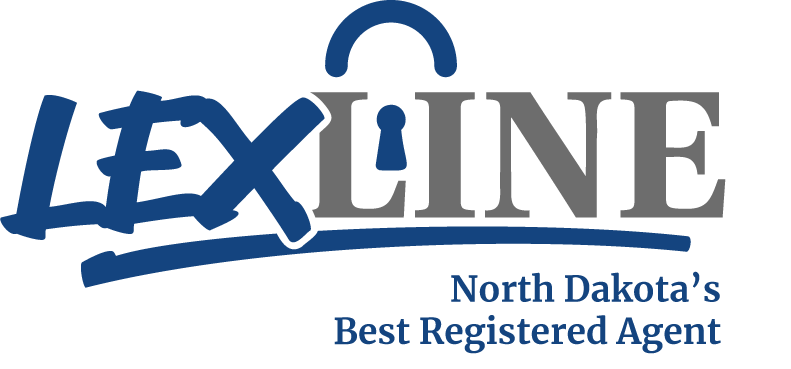A limited liability company is a business entity that protects business owners from personal liability. In addition to personal liability from the actions of co-owners or employees, an LLC provides a business with an operating structure for multiple owners including, but not limited to membership rules, decision making, profit and loss division, buyout agreements, and succession planning. Limited Liability Companies sometimes afford owners additional tax options.
I Want To Start A LLC
What is a Limited Liability Company and why do you need one?
Can an LLC have more than one member?
Yes! An LLC may have more than one member. When an LLC has more than one member, members have a member management agreement or operating agreement that governs the structure of the entity, decision making, profit and loss divisions, buy in and buy out agreements, and succession planning.
How do you start a Limited Liability Company?
Types of Limited Liability Companies
LLC
Limited Liability Companies (LLC) A limited liability company combines a partnership and a corporation. A limited liability company may be taxed under the flexible partnership rules rather than the inflexible S corporation rules. A limited liability company provides its members with limited liability regardless of the members’ participation in management.
Farm LLC
Farm Limited Liability Companies Similar to a limited liability company, all members must have a degree of kinship and follow the rules under NDCC, Section 10-06.1-01.
Professional LLC
Professional Limited Liability Company (PLLC) Consists of one or more professionals. Similar to a limited liability company, all members must be licensed professionals legally authorized to provide professional services.
Start your LLC today!
While the process for LLC may be complicated, there are many benefits to doing so. If you elect this business structure, it’s vital to fulfill requirements in order to maintain personhood and liability protection. Make sure you perform due diligence when filing and seek legal assistance if needed.

